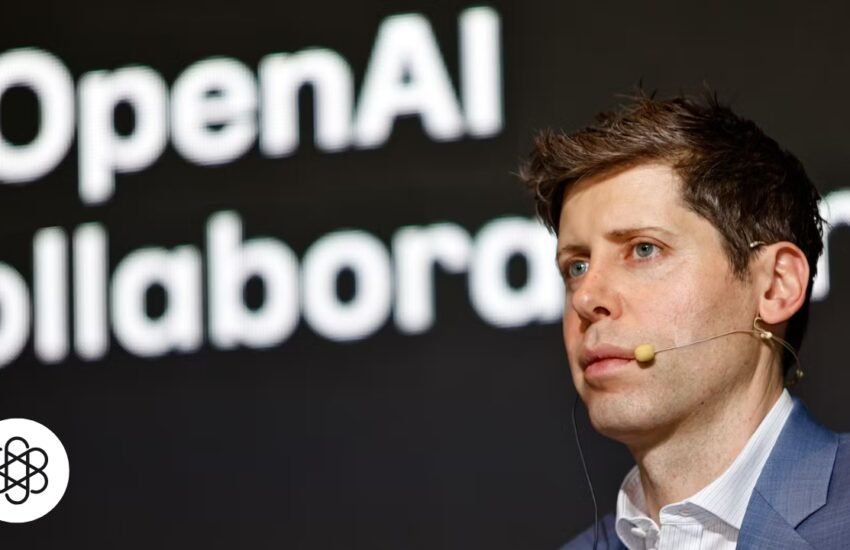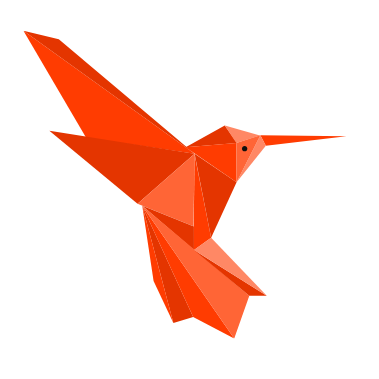The Chat GPT by OpenAI has achieved an extraordinary major milestone with a near 700 million weekly active users (WAU). This is a paradigm shift as compared to 500 million during March and four folds of increase over the same time last year. The groundbreaking popularity of ChatGPT is redefining the relationships between humans and AI and may provide a clue to the future of interacting and requesting information online. So how does this explosive growth translate into the world of digital search and what differentiates it against the more traditional search engines such as Google and Bing?
In this blog, we are going deep into the ramifications of the ChatGPT ascent, what makes its development unique amongst the other search platforms and what it means to marketers and users.
ChatGPT of OpenAI reaches 700 million weekly users
According to the recent statistics of OpenAI, ChatGPT is expected to have 700 million weekly active users, which is much more compared to 500 million users noted several months ago. This week, Nick Turley, VP and the leader of the ChatGPT app, made the announcement of the immense growth of the platform. Turley wrote about X:
ChatGPT is set to have 700M week active users this week, up 500M the last week of March and 4x increase since last year. Individuals and groups are learning, creating, and solving more difficult problems every day. Tough week coming. And we are thankful to the team to make ChatGPT more useful and achieve our mission to bring everyone into enjoying AI.
It is a milestone in terms of how fast ChatGPT has established itself as a necessary tool of users and businesses and how more AI-driven solutions will enter different industries.
So what is the difference between ChatGPT and other search engines?
Although it is not common to find out the weekly active user (WAU) numbers of popular traditional search engines such as Google and Bing, the ChatGPT 700 million WAU takes users to give a possible window into how the search and user interaction space is changing.
Google: Google has a major share of the world search market with billions of searches being processed everyday. Nonetheless, growth indicators such as using search volume were the only metrics that Google could use in its early days to indicate growth and several years passed before Google could record meaningful thresholds.
Bing: Microsoft Bing comprehensive AI-driven chat became 100 million essential daily users of the bot in 2023. This, though, is particular to Bing Chat, and not Bing search engine as a whole.
These comparisons bring out the rapid growth that ChatGPT has experienced within a short time. ChatGPT developed in the digital world that has already reached its maturity; thus, immediate global usage was available. Unlike search engines that gradually develop in time, ChatGPT is already a developed tool that exists in a mature environment. Its high growth rates indicate that there had been a demand of the AI tools that enabled more than mere search, but also an interactive conversational experience.
The Explosive Growth of ChatGPT: How it is Standing Out?
The rise of ChatGPT cannot be compared to the speed of the modern world of technology. As opposed to vintage search engines that had developed during a time when the internet had not been widely adopted, ChatGPT was privy to high internet penetration and thus instantaneous and universal usage. The most remarkable thing about the growth of ChatGPT is that it is not slowing down, and it is gaining progress by the week with 700 million active users that are utilizing its functions.
The Main Engine to the ChatGPT Development:
- Simplicity: ChatGPT is easy to use as anyone can access it with an internet connection and thus those who require immediate responses find the service appealing.
- Multipurpose Usage: ChatGPT is useful in many ways, like responding to queries, helping to create content, program and solve problems.
- User Engagement: The relevance offered by the context-based responses in ChatGPT makes users addicted to it, making it one of the major factors of constant user engagement and rising WAUs.
With more users experiencing first hand the power of using such AI-enabled tools such as ChatGPT, we cannot avoid the fact that this platform is transforming our own access to and interaction with information on the web.
The Transformation of the Online Information Retrieval
The blistering success of ChatGPT is indicative of a larger transition in the way individuals seek information in the Internet. In the U.S., a current report released by the Wall Street Journal shows that AI-powered services, such as ChatGPT and Perplexity, now represent 5.6 percent of desktop browser searches, almost twofold the figure at the same time last year. An Advanced Analytics Insights report released in 2024 indicates that among the early users of AI search tools, the number of their desktop web browsers visits being redirected to AI-powered search search engines have increased by nearly 40% as the share of traditional search engines that received visits in 2022 declined to 61% (down 76%).
This user behavioral change serves as a wake-up call to marketers and the SEO practitioners. As the AI search tools emerge as a key resource source of information, it will be crucial to learn and optimize on new mechanisms to ensure online presence and interactions.
The Effect of ChatGPT on Search Engine Optimization (SEO)
With ChatGPT continuing its evolution, the seismic changes it will bring to optimization and online marketing techniques will only become more profound. As organisations attempt to remain competitive in this shifting environment, the same kind of attention to the concept of AI optimization will be directed as has long existed toward SEO. These are some of the main aspects that should be taken into consideration:
Artificial Intelligence-Based Content Generation and Participation
As AI-powered applications such as ChatGPT gain popularity, the subject of content creation and engagement techniques will have to change as well. Marketers will be forced to produce even content that is optimized both to conventional search engines as well as search interfaces powered by AI. This may include the optimization of the content to conversational search and well-organized content that may be grasped by the AI models as well as the use of AI to create and distribute content.
AI Search Tool Vs. Ordinary SEO
The reason is that, although conventional SEO techniques center on search engine optimization (SEO) of Google and other suchlike search engines, ChatGPT emerges as a new problem and opportunity to marketers. The focus of AI search tools is the engagement of the consumers, their comprehension, and dialogue. In order to stay relevant, businesses will be expected to streamline their digital initiatives towards AI tools and make their materials discoverable, understandable, and valuable to the audience.
So What is Next? OpenAI Journey to 700 Million Users
Due to ChatGPT reaching nearly 700 million weekly active users, it is evident that OpenAI offered a big innovation in searching and engaging with information that has revolutionized the informational landscape. Since the greater integration of AI search tools into everyday life is an inevitability, the digital marketing strategies of businesses will have to be changed to satisfy this unexplored mass of AI-enabled users.
In the future, the further expansion of ChatGPT is, therefore, likely to keep soaring as more people and companies experience the strength of the AI. New developments in conversational AI, coupled with more widespread adoption of such tools in daily application, may mean that OpenAI platform will soon become the equal of the traditional search engines in terms of usage and impact.
Closure: ChatGPT is the AI Revolution Worth Embracing
The unbelievable success of ChatGPT that now has close to 700 million weekly active users is evidence of the increasing popularity of AI-based services in the digital domain. OpenAI seems to be taking steps toward enhancing the functionality and availability of ChatGPT and, given its rapid development, tomorrow, it is obvious that this platform will become a central one both in search, content creation, and user interaction.
The dynamics of AI-powered search tools will become essential knowledge to the marketer, businesses, and creators of any content. The competition in this new era of AI search will keep intensifying, which is why, besides keeping up with the regular SEO-related approaches, it may be necessary to prioritize the changes that the use of such an AI tool as ChatGPT is bringing about.
We should follow and adapt to this change, optimize to AI and get ready to be engaged in the next evolution of the digital environment- ChatGPT and OpenAI are showing us the rise of the next era of interaction.



